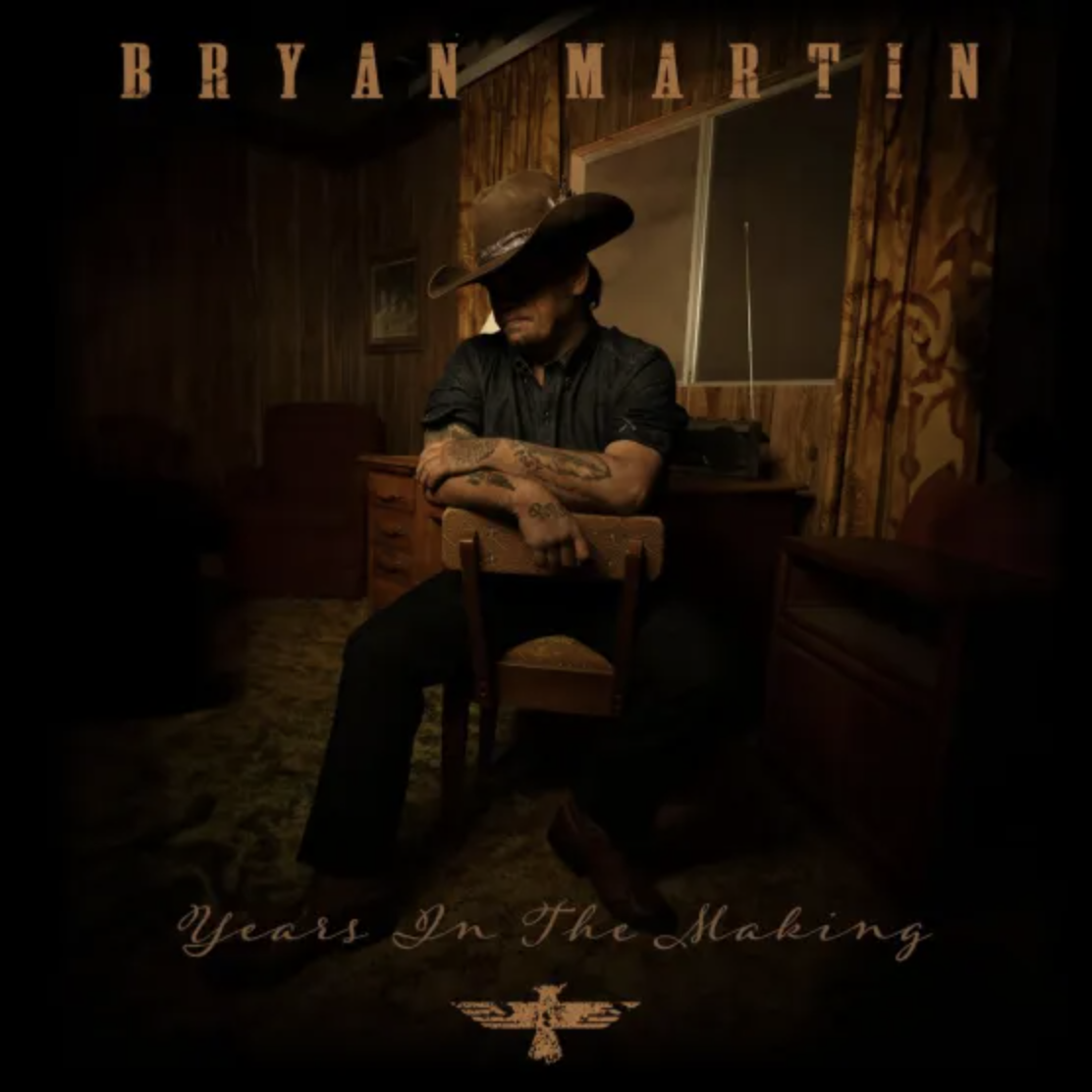Episode Transcript
[00:00:00] Speaker A: It could be that the Fourth of July is your favorite holiday, but maybe it's not.
Maybe you just don't like that day.
And the reason could be that you have a pet who just doesn't get the homage we pay on that day to the rocket's red glare.
Pets and Fireworks Don't Mix it has been reported that about 80% of pets have some sort of a reaction to fireworks, and as Shannon Westman points out.
[00:00:30] Speaker B: And that's usually not a good reaction.
[00:00:33] Speaker A: Westman is a registered veterinary technician at the Arcata Animal Hospital who has seen her fair share of pets traumatized by fireworks. If you have a pet who is adversely affected by the noises that come with the 4th of July celebrations, there are ways you can help There are.
[00:00:50] Speaker B: Many different ways to help protect your pet during the 4th of July.
My biggest piece of advice to anybody out there is to bring your pet inside.
The next thing would be to make sure that they have proper identification on so a collar with a tag that has the pet's name as well as a working phone number.
And once you bring them inside, I also like to recommend if you're able to create a safe space for them. So whether that's inside of a crate that they're used to, if they like to hang out on your bed and watch tv, if they like to hang out on the couch somewhere that they're safe and comfortable is going to be a great place to start using sound barriers. If you usually have a fan on, some type of white noise, soft music, or even your voice in a calm collected manner can be comforting to them.
[00:01:43] Speaker A: If this advice is not cutting it, there is always medication, so medication is.
[00:01:50] Speaker B: Absolutely a viable option.
Talking to your veterinarian about some prescription calming medications is a great idea. There are a variety of prescription medications.
[00:02:04] Speaker A: If the day before the fireworks show starts is too late to get a hold of your vet, there are some over the counter options available.
[00:02:13] Speaker B: If you're into more holistic options, there are things like pheromone diffusers that you can use calming chews and or supplements such as Soliloquin Chews or Composure Chews. Even melatonin is something you can get. I do recommend getting the proper dosages from your veterinarian though.
[00:02:35] Speaker A: Other ways to support your four legged family member include feeding and exercising them before the unnerving explosions start.
[00:02:44] Speaker B: You can walk them before the fireworks begin, you can feed them before the fireworks begin. So that way if you need to walk them, you have time to do that before the fireworks show starts and then also if they are inside the house and you are having them in that safe space that we talked about, distraction with toys, favorite treats, or playtime is good as well.
[00:03:07] Speaker A: When it comes to fireworks, who does Westman think gets more skittish, cats or dogs?
[00:03:13] Speaker B: I don't think there is necessarily a difference in species. I think it's more animal, individual.
So you could have a cat that's extremely terrified or a cat that's not so terrified.
Unfortunately, cats are more oftentimes left outdoors, so they are more oftentimes the ones that end up go missing and or are affected in one way or another by the fireworks. So if you're able to bring your cat inside, even for the night of 4th of July, that's very helpful.
And then I would say people most oftentimes want to bring their dog to a fireworks show, and that's generally not the best idea.
[00:03:55] Speaker A: Westman offers a cautionary tale from her own life.
[00:03:59] Speaker B: I actually tried to bring my dog to a fireworks show in Hawaii a long time ago, before I worked in the veterinary field, and he did not like it. I ended up carrying him and rushing him back to the house.
And I thought I was all good because he had on a nice secure halter. He was able to get out of that. So it just really wasn't a good idea. So number one piece of advice would be don't take them to a fireworks show.
Number two, if you feel that you absolutely must, make sure they have proper identification on.
And I would recommend using what I call the double leash system.
So oftentimes, even if you have a halter on them, they can wiggle out of that. So have a halter and a leash around their collar as well.
So you have two different types of leashes on them in case they're able to get out of one, you have the other one as a backup.
[00:04:52] Speaker A: That was Shannon Westman, a registered veterinary technician at the Arcata Animal Hospital in Arcata. My name is Sigurd Bjorn, reporting for kmut.


